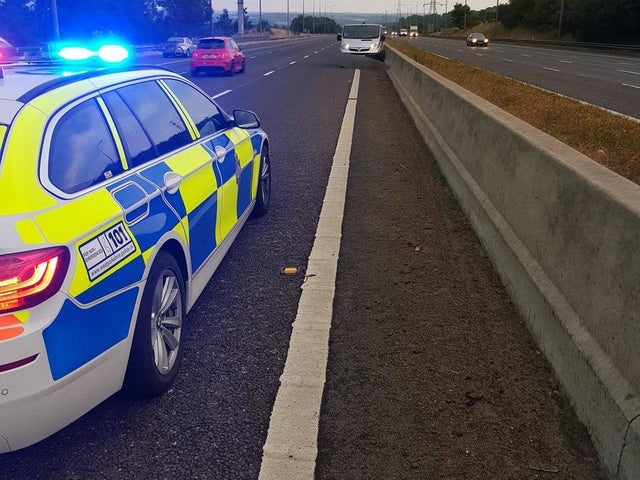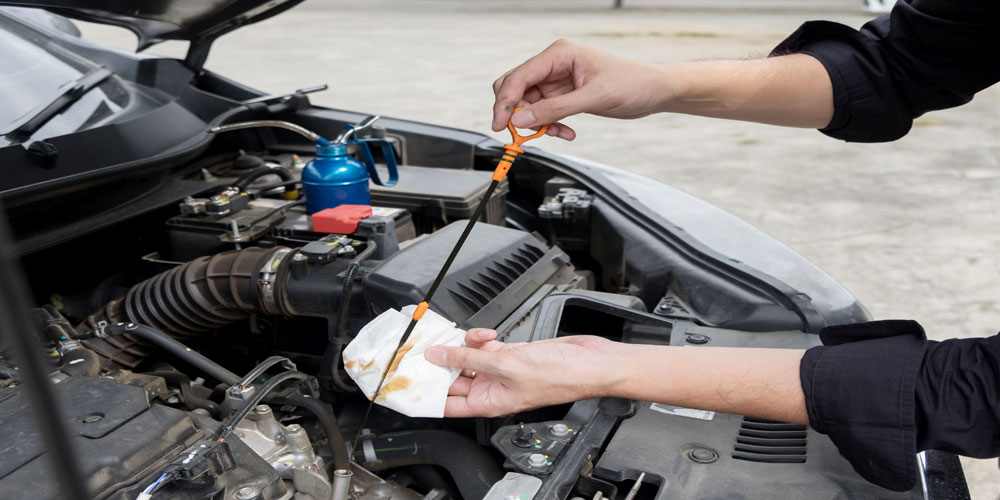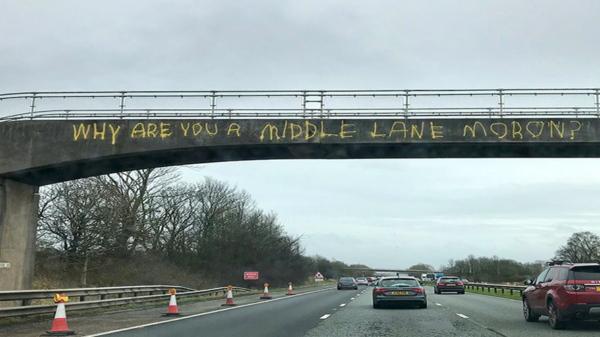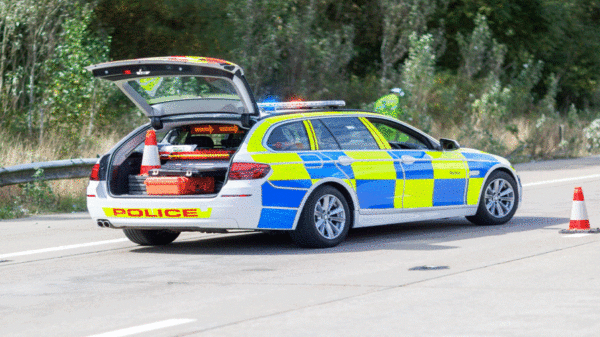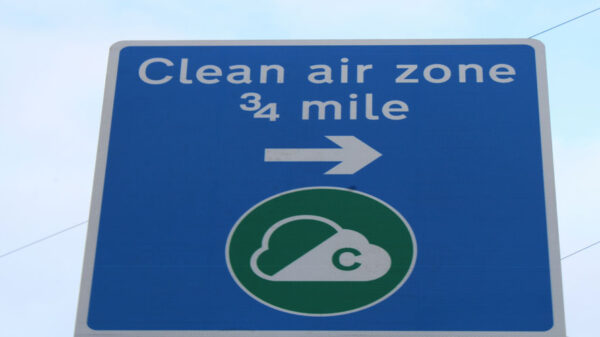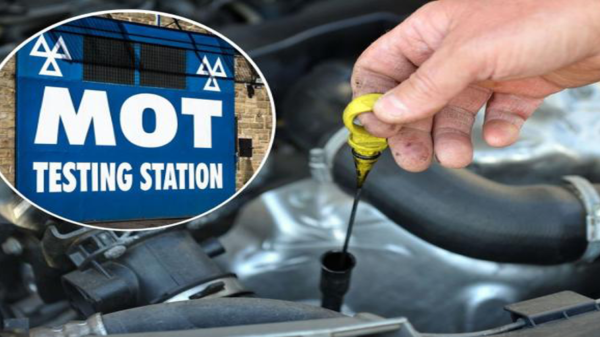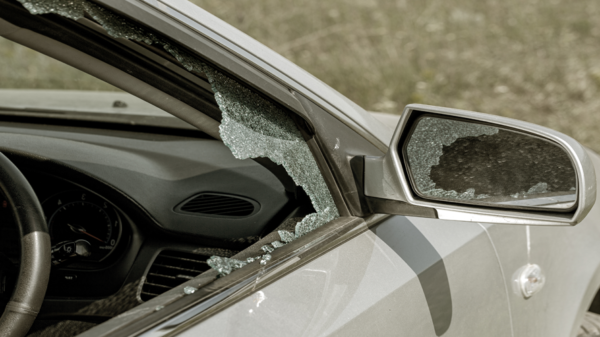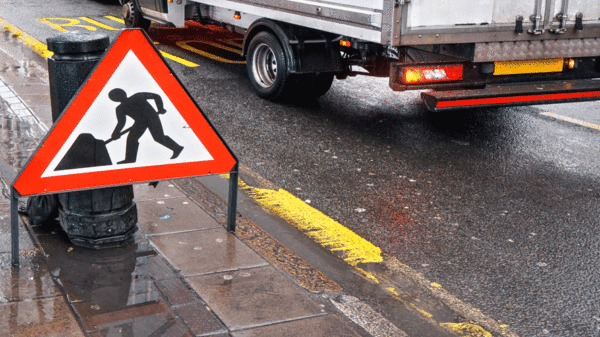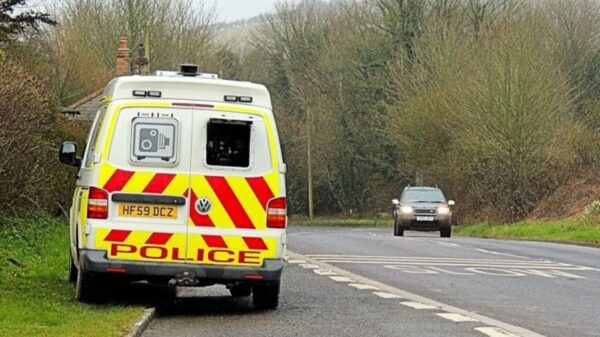Vehicle thefts have risen by 30% in the last three years following a decade of decline, RAC figures suggest. Almost 86,000 vehicles were stolen in 2016, up from about 66,000 in 2013, according to the motoring group. The RAC says thieves are getting better at beating modern security systems by using new technology and that the rise in robberies reverses a downward trend.
However, the Society of Motor Manufacturers and Traders said that new cars “have never been more secure”.
RAC insurance director Mark Godfrey said that before the new figures, there had been a fall in vehicle thefts since around 2002. “We fear thieves are now becoming more and more well equipped with technology capable of defeating car manufacturers’ anti-theft systems,” he said.
The RAC obtained the figures from 40 police forces in England and Wales, which revealed that 85,688 vehicles were stolen last year – up 30% from 65,783 in 2013.
London was the worst place for vehicle theft with nearly a third being taken from the capital, followed by the West Midlands, West Yorkshire and Greater Manchester. Police in Warwickshire reported the largest percentage rise in stolen vehicles from 2013 to 2016 – up 189%.
Mr Godfrey said the statistics were “bad news” for motorists as the increase causes insurance premiums to rise. Old fashioned anti-theft devices such as steering-wheel locks were making a comeback because they are a “visible deterrent”, he added.
Tamzen Isacsson, director of communications and international at the Society of Motor Manufacturers and Traders, said: “The latest technology has helped bring down theft dramatically and manufacturers invest billions to stay one step ahead of the criminals.
“However, technology can only do so much, and we continue to call for stronger safeguards to prevent the sale of cloning or signal-blocking devices that have no legal purpose.”
A Home Office spokeswoman said vehicle thefts were at “record low levels”, according to the Crime Survey of England and Wales, which is based on people’s experiences of crime. She said: “But we know that the methods used by criminals are constantly evolving and recognise the importance of staying one step ahead. That is why the Home Office brought together senior representatives from the vehicle industry and policing to improve our understanding of the nature and extent to which criminals are compromising electronic vehicle security and to develop responses to it.”


